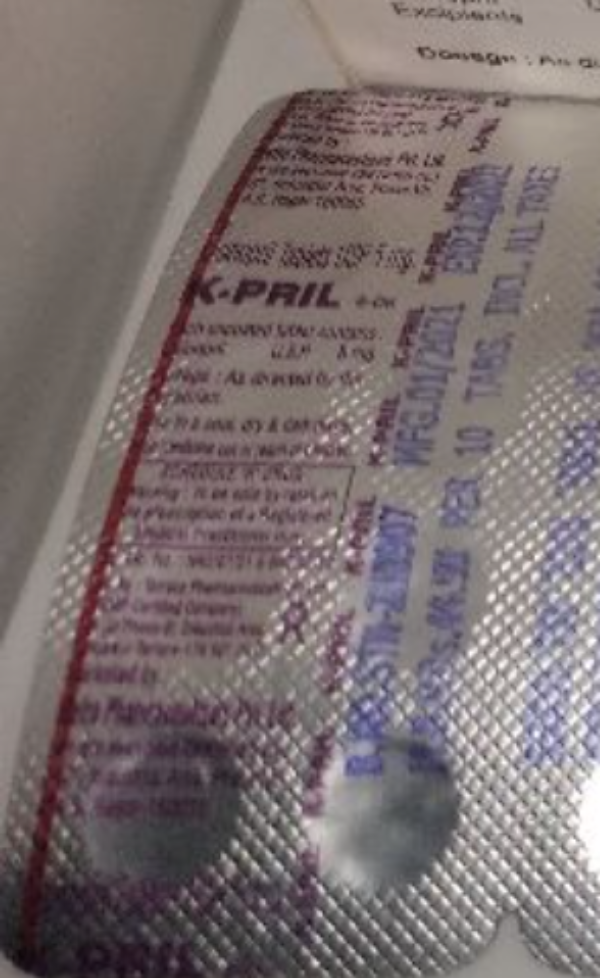Cefaone 1000mg Injection
CEFOPERAZONE
Cefaone 1000mg Injection contains Cefoperazone a superhero in the world of antibiotics.
Cefoperazone falls under the class of antibiotics known as cephalosporins, playing a vital role in fighting bacterial infections.
It disrupts the construction of bacterial cell walls, particularly against antibiotic-resistant, bacteria.
Follow your doctor's guidance on the use. It is available in various forms, including tablets and liquid solutions. Whether taken with or without food, it's advisable to maintain a consistent time for better results.
Common side effects may include diarrhea, itching, decreased hemoglobin, decreased hematocrit level, positive Coombs test, low blood platelets, injection site phlebitis, and increased aspartate aminotransferase If these persist, consult your doctor.
Individuals with a known allergy to cephalosporins or penicillins may be at an increased risk of hypersensitivity reactions to Cefoperazone. Crossreactivity between cephalosporins and penicillins can occur If a severe allergic reaction, such as anaphylaxis, occurs, discontinue the medication and seek immediate medical attention.
In case you miss your injection appointment, reach out to your doctor immediately for guidance Following their instructions is essential to maintain the continuity and effective management of your treatment plan.


Is Cefaone bad for the kidneys?
No, Cefaone is not bad for the kidneys when given alone, but when given along with aminoglycosides (gentamicin, tobramycin) or other cephalosporins antibiotics, it may increase kidney damage. Therefore, it is advised to take this medicine only if prescribed by your doctor.

Is Cefaone effective?
Cefaone is effective if used in the dose and duration advised by your doctor. Do not stop taking it even if you see improvement in your condition. If you stop using Cefaone too early, the symptoms may return or worsen.

How is Cefaone administered?
Cefaone is administered under the supervision of a trained healthcare professional or a doctor and should not be self administered. The dose will depend on the condition you are being treated for and will be decided by your doctor. Follow your doctor’s instructions carefully to get maximum benefit from Cefaone.

Is Cefaone bactericidal or bacteriostatic?
Cefaone a potent antibiotic displays primarily bactericidal properties by effectively eliminating the causative organisms responsible for various infections However it may also exhibit bacteriostatic effects by impeding the growth and proliferation of bacteria The extent of its activity is contingent upon several factors including the specific organism targeted its ability to penetrate different tissues the dosage administered and the rate at which the organism multiplies within the host The efficacy of Cefaone varies depending on the particular microorganism it is targeting By directly targeting and eliminating the bacteria responsible for the infection Cefaone effectively kills them eradicating the root cause of the illness However in certain cases Cefaone may not completely eradicate the bacterial population but rather slows down their growth and reproduction This bacteriostatic effect temporarily halts the progression of the infection providing an opportunity for the bodys immune system to mount a response and ultimately eliminate the remaining bacteria The effectiveness of Cefaone is also influenced by its ability to penetrate various tissues within the body Different bacteria can infect different tissues and the ability of Cefaone to reach these sites is vital for its efficacy against the specific infection The dosage of Cefaone prescribed is another crucial factor that can influence its bactericidal or bacteriostatic activity The correct dosage ensures that there is an adequate concentration of the antibiotic in the body to effectively combat the bacteria Furthermore the rate at which the bacteria multiply within the host can impact the activity of Cefaone Rapidly multiplying organisms are more susceptible to the bactericidal effects of the antibiotic while slower multiplication rates may require a more prolonged treatment course to effectively inhibit their growth In summary Cefaone primarily exhibits bactericidal effects actively killing the infectious organisms However it may also display bacteriostatic properties temporarily impeding bacterial growth The effectiveness of Cefaone relies on factors such as the targeted organism tissue penetration dosage and the rate of organism multiplication all of which contribute to its overall efficacy in treating bacterial infections

How does Cefaone act?
Cefaone acts by adhering to the proteins synthesized by the bacteria, thereby inhibiting the organisms to develop their protective covering known as cell wall. This kills the bacteria.

Can the use of Cefaone cause diarrhea?
Yes, the use of Cefaone can cause diarrhea. Cefaone is an antibiotic which kills the harmful bacteria. However, it also affects the helpful bacteria in your stomach or intestine and causes diarrhea. If diarrhea persists, talk to your doctor about it.









.svg)
